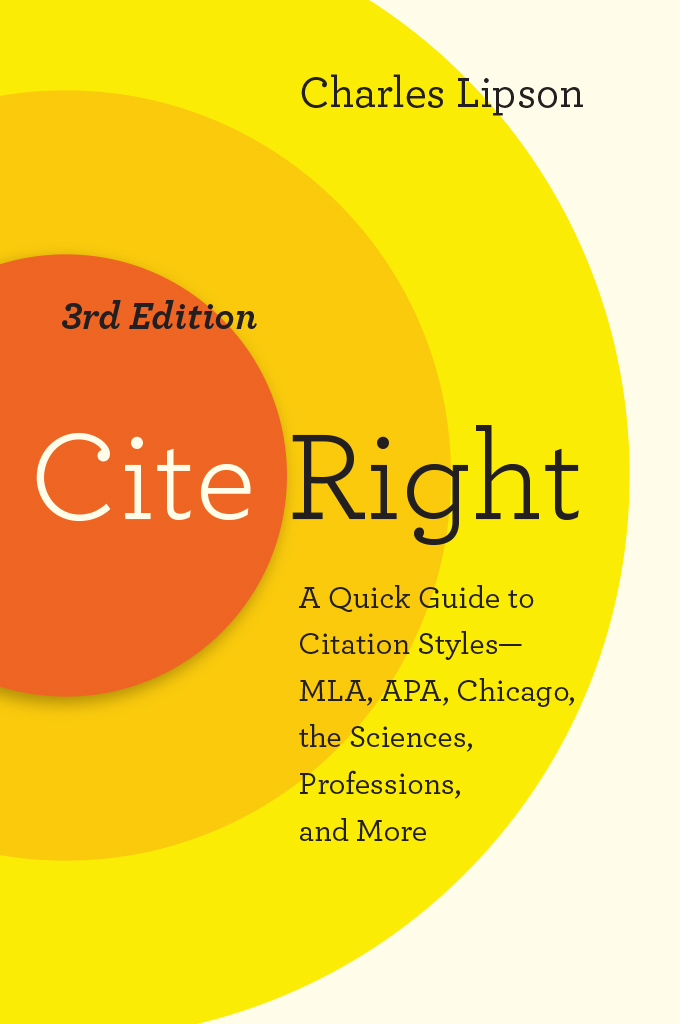
Cite Right
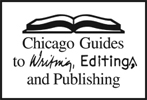
Digital Paper
Andrew Abbott
Telling About Society
Howard S. Becker
Tricks of the Trade
Howard S. Becker
Writing for Social Scientists
Howard S. Becker
The Craft of Research
Wayne C. Booth, Gregory G. Colomb, Joseph M. Williams, Joseph Bizup, and William T. FitzGerald
The Chicago Guide to Fact-Checking
Brooke Borel
The Chicago Guide to Grammar, Usage, and Punctuation
Bryan A. Garner
Thinking Like a Political Scientist
Christopher Howard
How to Write a BA Thesis
Charles Lipson
The Chicago Guide to Writing about Multivariate Analysis
Jane E. Miller
The Chicago Guide to Writing about Numbers
Jane E. Miller
The Chicago Guide to Communicating Science
Scott L. Montgomery
A Manual for Writers of Research Papers, Theses, and Dissertations
Kate L. Turabian
Students Guide to Writing College Papers
Kate L. Turabian
Cite Right
A Quick Guide to Citation StylesMLA, APA, Chicago, the Sciences, Professions, and More
THIRD EDITION
Charles Lipson
The University of Chicago Press
CHICAGO AND LONDON
The University of Chicago Press, Chicago 60637
The University of Chicago Press, Ltd., London
2006, 2011, 2018 by Charles Lipson
All rights reserved. No part of this book may be used or reproduced in any manner whatsoever without written permission, except in the case of brief quotations in critical articles and reviews. For more information, contact the University of Chicago Press, 1427 E. 60th St., Chicago, IL 60637.
Published 2018
Printed in the United States of America
27 26 25 24 23 22 21 20 19 18 1 2 3 4 5
ISBN-13: 978-0-226-43110-9 (paper)
ISBN-13: 978-0-226-43124-6 (e-book)
DOI: https://doi.org/10.7208/chicago/9780226431246.001.0001
Library of Congress Cataloging-in-Publication Data
Names: Lipson, Charles, author.
Title: Cite right : a quick guide to citation stylesMLA, APA, Chicago, the sciences, professions, and more / Charles Lipson.
Other titles: Chicago guides to writing, editing, and publishing.
Description: Third edition. | Chicago ; London : The University of Chicago Press, 2018. | Series: Chicago guides to writing, editing, and publishing | Includes index.
Identifiers: LCCN 2018021877 | ISBN 9780226431109 (pbk. : alk. paper) | ISBN 9780226431246 (e-book)
Subjects: LCSH: Bibliographical citations.
Classification: LCC PN171.F56 L55 2018 | DDC 808.02/7dc23
LC record available at https://lccn.loc.gov/2018021877
 This paper meets the requirements of ANSI / NISO Z39.48-1992 (Permanence of Paper).
This paper meets the requirements of ANSI / NISO Z39.48-1992 (Permanence of Paper).
To my students, who have made teaching so rewarding
CONTENTS
Citations: An Overview
WHY CITE?
There are three reasons to cite the materials you use:
- To give credit to others work and ideas, whether you agree with them or not. When you use their words, you must give them credit by using both quotation marks and citations.
- To show readers the materials on which you base your analysis, your narrative, or your conclusions.
- To guide readers to the materials you have used so they can examine them for themselves. Their interest might be to confirm your work, to challenge it, or simply to explore it further.
Taken together, these citations fully disclose your sources. Thats important for academic integrity in several ways.
First, good citations parcel out credit. Some belongs to you for the original work you did; you need to take full responsibility for it. Some belongs to others for their words, ideas, data, drawings, or other work; you need to acknowledge it, openly and explicitly.
Second, if you relied on others work in order to tell your story, explain your topic, or document your conclusions, you need to say exactly what you used. Take a sample paper about World War I. No one writing today learned about it firsthand. What we know, we learned by reading books and articles, by examining original documents and news reports, by listening to oral histories, by reviewing data compiled by military historians, and perhaps by viewing photographs or movies. When we write about the war, then, we should say how we acquired our information. The only exception is commonly known information, facts that everyone in the field clearly understands and that do not require any substantiation. Theres no need for a footnote to prove Woodrow Wilson was actually president of the United States. But if you referred to his speech declaring war, you would need a proper citation. If you used his words, youd need quotation marks too.
Third, your readers may want to pursue a particular issue you covered. Citations should lead them to the right sources, whether those are books, interviews, archival documents, websites, poems, or paintings. That guidance serves several purposes. Skeptical readers may doubt the basis for your work or your conclusions. Others may simply want to double-check them or do more research on the topic. Your citations should point the way.
What citations should not do is prance about showing off your knowledge without adding to the readers. Thats just bragging.
Beyond this question of style (and good manners), there is the basic issue of honesty. Citations should never mislead your readers. There are lots of ways to mislead or misdirect your readers; accurate citations avoid them. For example, they should not imply you read books or articles when you really didnt. They should not imply you spent days in the archives deciphering original documents when you actually read them in an edited book or, worse, when you borrowed the citation from a scholar who did study the originals. Of course its fine to cite that author or an edited collection. Thats accurate. Its fine to burrow into the archives and read the original yourself. Its dishonest, though, to write citations that only pretend you did.
Good citations should reveal your sources, not conceal them. They should honestly show the research you conducted. That means they should give credit where credit is due, disclose the materials on which you base your work, and guide readers to that material so they can explore it further. Citations like those accurately reflect your work and that of others. They show the ground on which you stand.
WHICH CITATION FORMAT SHOULD YOU USE?
With so many formats available, which one should you choose?
The answer is usually straightforward: most fields rely on one format. In English literature, for instance, most papers and articles use MLA. In chemistry they use ACS. A few fields, such as engineering, use more than one style, depending on the journal or publisher. Political science also uses two styles: APA for journals that prefer in-text citations and Chicago for journals that prefer true footnotes or endnotes. All these styles, and many more, are included in the chapters that follow.
Cite Right labels each chapter so you can see which fields use which style. If you are still unsure, you can find the answer in a couple of ways. If youre a student, simply ask your professor or teaching assistant. If youre writing for publication in a journal, review that journals recent articles and its instructions for authors, either in the journal itself or on its website. Even if you dont plan on getting published, its a good idea to look at the leading journals in your field and follow their style.
Next page
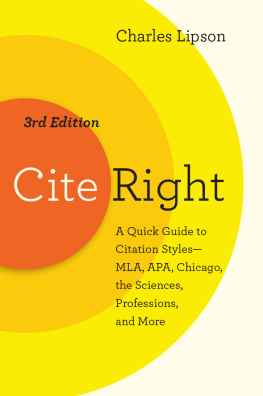


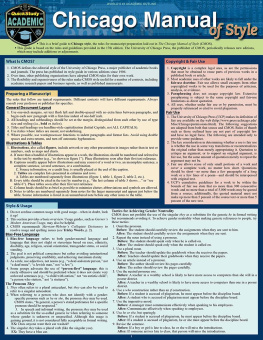
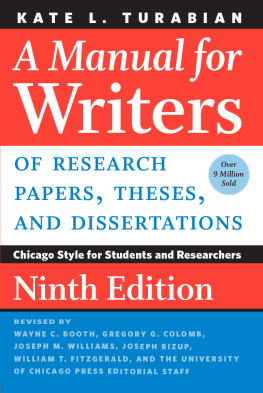
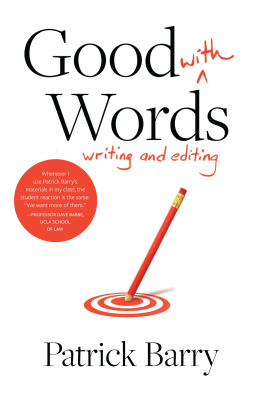
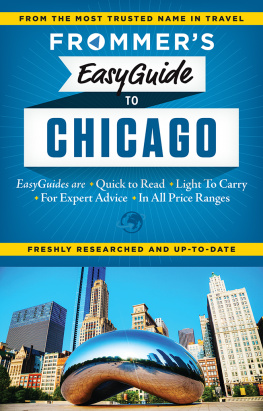
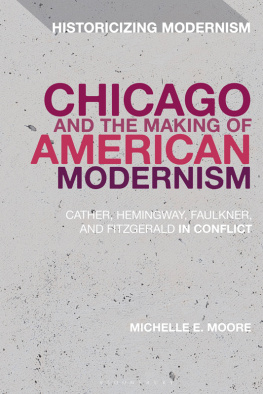
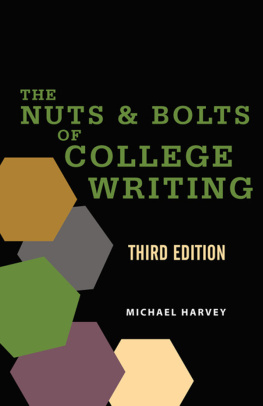



 This paper meets the requirements of ANSI / NISO Z39.48-1992 (Permanence of Paper).
This paper meets the requirements of ANSI / NISO Z39.48-1992 (Permanence of Paper).